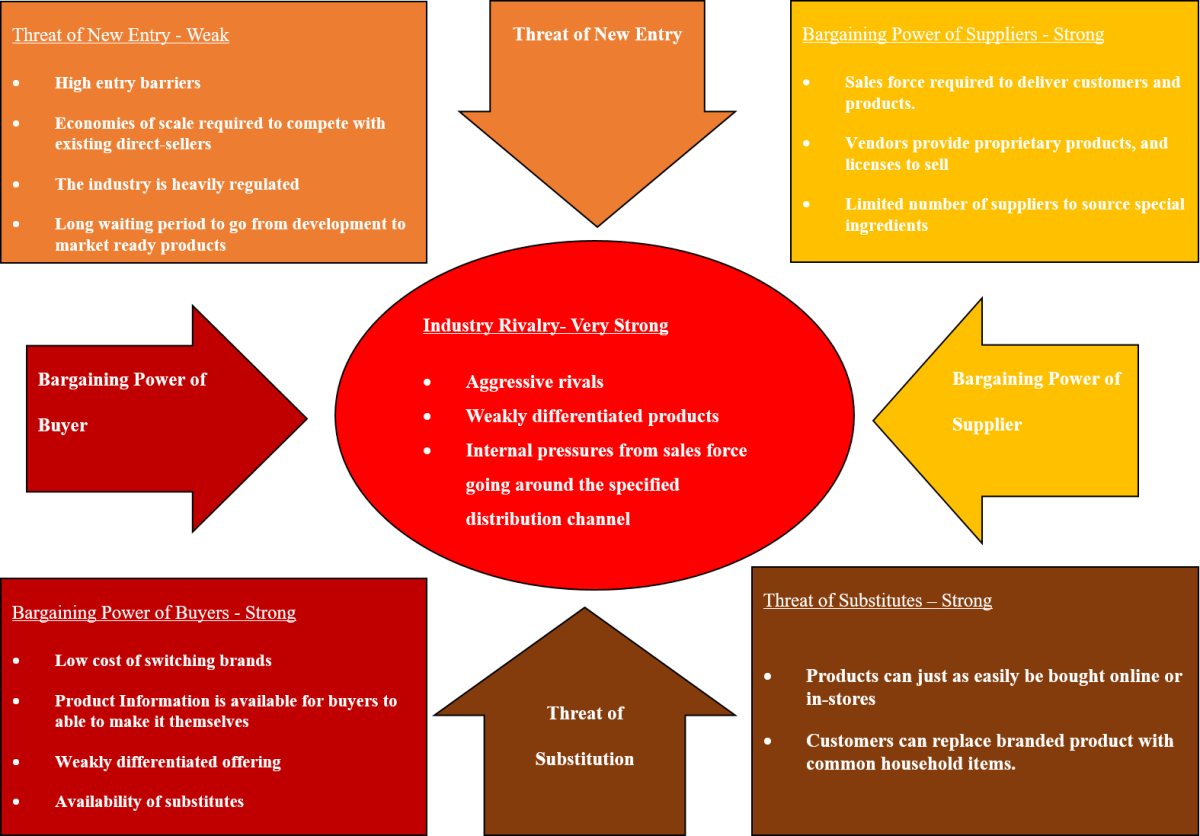Benefits of Outsourcing for a Business

Benefits of outsourcing
In today’s economy, a company that wants to be profitable and ongoing must be leaner, faster and smarter than the competition in order to survive. One way to do this is by business outsourcing.
How does business outsourcing allow a company to be leaner? First of all, it can reduce the amount of capital expenditure and overhead for every position that is filled through outsourcing or use of a consultant. The employer does not have to make an investment in capital – desks, computers and office space. There is also less general overhead and administration required to support a consultant than that required to support a full time employee.
Using business outsourcing allows a company to work faster. Using business outsourcing means that individuals retained for a specific position or function are ready to work from “Day One”. Usually, there is no training required. If the job requires someone with a specific set of skills, such as a specific computer programming language, those are the skills that are sought through the outsourcing process. A quick start up can often mean the difference between a profit and a loss.
How does business outsourcing make a company smarter than the competition? Business outsourcing allows a company to hire the best available talent for an optimum amount of time. A company might not be able to afford hiring a high level professional, but outsourcing an assignment until a specific task is completed, may be much more affordable.
Another advantage to outsourcing is that a company can avoid the losses in time and money that can result from being on the “bleeding edge” of technology. Rather than gambling assets on developing technology, a company can choose to hire individuals who have already “been there, done that”. This means a company can begin to eliminate much more quickly what doesn’t work and concentrate on what does.
There are other obvious advantages in business outsourcing. Payroll expenses are reduced, since most outsourcing agreements are paid by an invoice process, rather than put through payroll. This in turn, reduces benefits costs. Vacation pay, sick pay, 401K matches and bonuses are non-existent for staff that is working on an outsourced or consultant basis.
Outsourcing work means that the company only pays for what it uses. While an employee on salary is paid a set amount a month, no matter how many (or few) hours they dedicate to a specific project, a consultant or outsourced staff is only paid for the actual hours work. The expenses related to a consultant or outsourced staff stops when the project stops. In addition, when a company outsources, existing staff can remain focused on their responsibilities because they are not training or monitoring new employees.
Overall, then, business outsourcing is something a company or organization should seriously consider. Not only will it confine costs, it will also limit losses. It allows existing staff to be more focused and efficient in their current responsibilities. Above all, it can allow a company to be leaner, faster and smarter than their competition. And, after all, isn’t that where the focus of business should be?









